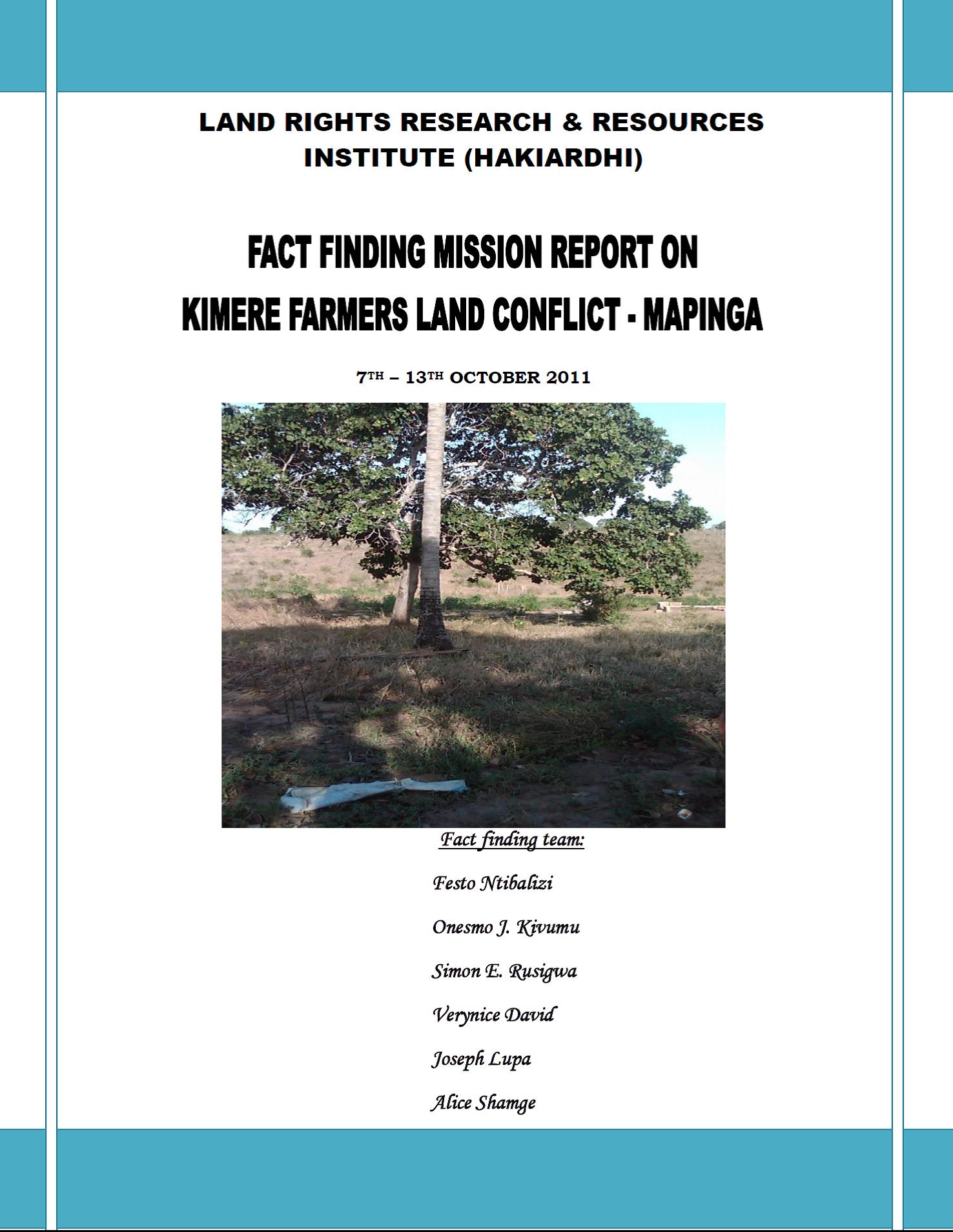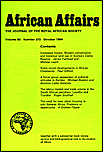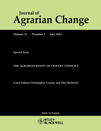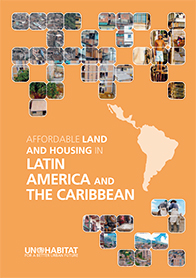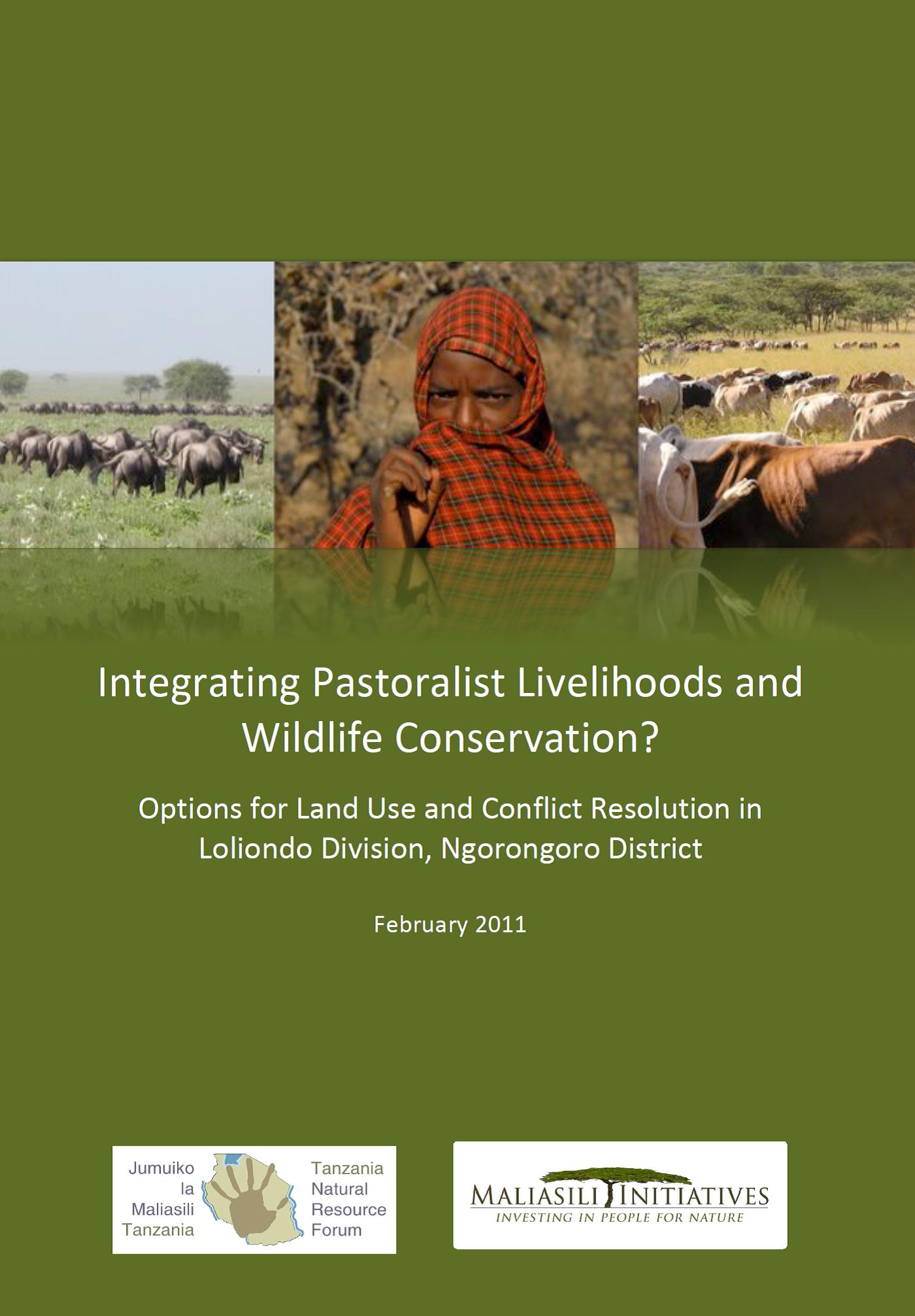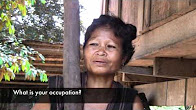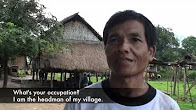Fact Finding Mission Report on Kimere Farmers Land Conflict-Mapinga
This fact finding is based on one of the claims of a group of peri-urban dwellers in Kimere, Mapinga village in Bagamoyo District, whose land they claim have been invaded by one of the well connected elite with a view to assist them register their rights only to realise later on that he was playing a tricky game to own their land.

